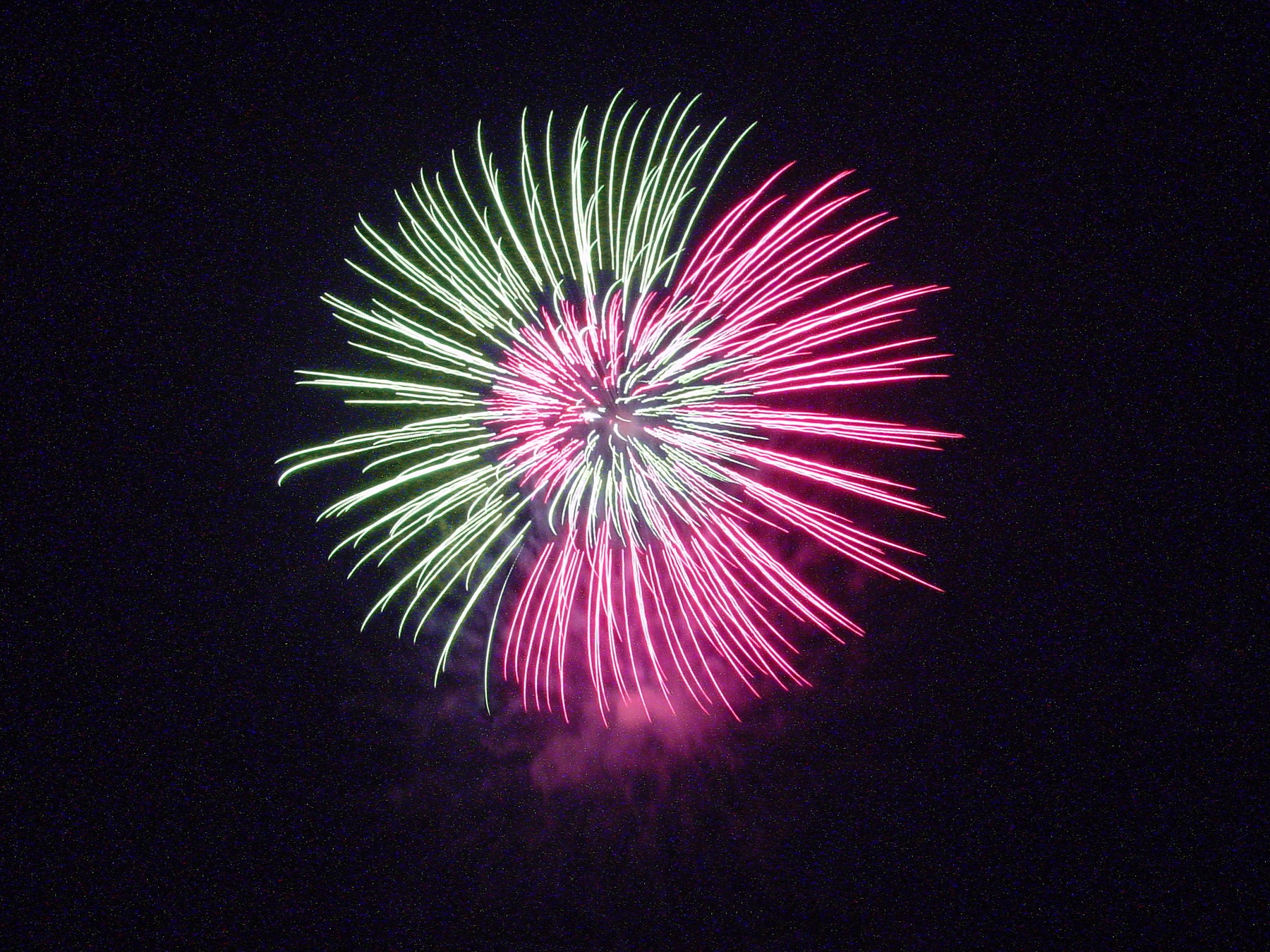
JAPAN'S BELOVED FIREWORKS FESTIVALS FACE UNCERTAIN FUTURE AMIDST RISING COSTS
Japan's world-renowned fireworks festivals, a summer spectacle drawing visitors globally, face an uncertain fate due to a confluence of rising costs and the lingering impacts of the COVID-19 pandemic. Typically funded by a mix of public and private support, these grand events are encountering increasing challenges as government subsidies diminish and corporate sponsorships decline.
A recent survey by Kyodo News disclosed that a minimum of 25 fireworks festivals has been canceled this year, primarily due to the escalating costs of fireworks materials and heightened security measures. This trend is anticipated to persist in the coming years, casting a shadow over this beloved Japanese firework tradition.
The Lake Biwa fireworks festival in Otsu, Shiga Prefecture, exemplifies this financial struggle. Following a four-year hiatus due to the pandemic, festival organisers grappled with securing funding from local businesses and residents, many of whom were still reeling from the pandemic's impact on the local tourism industry.
The Onjuku Fireworks Festival in Chiba Prefecture, near Tokyo, met a similar fate. Organisers cited the exorbitant cost of staging the event, estimating that launching just 1,500 fireworks in a 30-minute display would cost over 5 million Yen ($33,000). This stark reality prompted calls for diversifying tourism offerings beyond fireworks festivals.
The Kasamatsu River Festival in Gifu Prefecture also fell victim to reduced financial support. Traditionally relying on around 12 million yen in municipal funds, the anticipated cost increases forced organizers to cancel this year's event.
In an effort to diversify revenue streams, some organisers, like those behind the Lake Biwa fireworks festival, have introduced paid seating arrangements. However, this strategy has faced criticism from local residents who feel excluded from the festival. The installation of four-meter-high fences to accommodate paid seating has further exacerbated tensions.
Despite these challenges, some organisers remain committed to preserving this cherished tradition. The renowned Sumida River Fireworks Festival in Tokyo made a triumphant return this summer, attracting a record-breaking 1.04 million spectators. Organisers expressed their determination to continue the festival and showcase this iconic Japanese tradition to the world.
While the future of Japan's fireworks festivals remains uncertain, the unwavering spirit of organizers and the enduring popularity of these events offer a glimmer of hope for their continued existence. With innovation, adaptability, and sustained support, these dazzling displays may yet illuminate the Japanese summer sky for generations to come.

Leave a comment